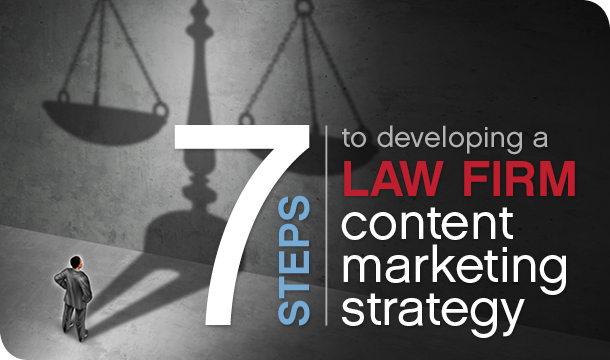Why your company needs an editorial board (and how to go about forming it)
 Editorial boards are an age-old tradition at newspapers. Back when traditional media wielded more influence, these groups held enormous power, dictating the tone and direction of a publication’s editorial policy and its stand on various community issues and political races. In today’s digital world, with fractured media and citizen journalism, editorial boards aren’t quite as influential, but still serve an important role in critically analyzing important issues and the newspaper’s approach to them, as well as providing a formal avenue for the community to influence editorial direction.
Editorial boards are an age-old tradition at newspapers. Back when traditional media wielded more influence, these groups held enormous power, dictating the tone and direction of a publication’s editorial policy and its stand on various community issues and political races. In today’s digital world, with fractured media and citizen journalism, editorial boards aren’t quite as influential, but still serve an important role in critically analyzing important issues and the newspaper’s approach to them, as well as providing a formal avenue for the community to influence editorial direction.
Read more »
















